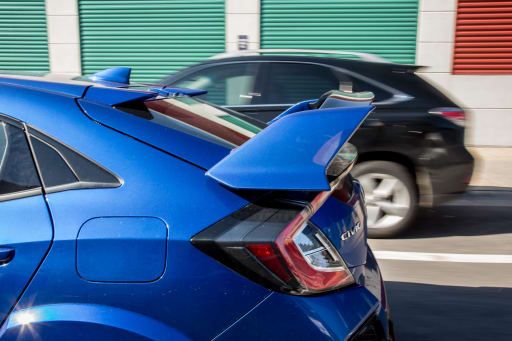
1-888-289-0076

1-888-289-0076

The automotive industry has always been at the forefront of innovation, constantly pushing the boundaries of technology and design. As we move into the future, it is clear that the world of automobiles is on the brink of a revolution. With advancements in electric vehicles, autonomous driving, and connectivity, the future of autos promises to be nothing short of extraordinary.
Electric vehicles (EVs) are rapidly gaining popularity and are set to become the new norm in the automotive industry. As concerns about climate change and sustainability continue to grow, EVs offer a clean and eco-friendly alternative to traditional gasoline-powered vehicles. With advancements in battery technology and charging infrastructure, the range and efficiency of EVs are constantly improving, making them a viable option for consumers worldwide. The future of autos lies in a world where EVs dominate the roads, reducing carbon emissions and creating a more sustainable future.
Another significant aspect of the future of autos is the development of autonomous driving technology. Self-driving cars have the potential to revolutionize transportation by making it safer, more efficient, and accessible to all. With the ability to eliminate human error and react faster than humans, autonomous vehicles have the potential to significantly reduce traffic accidents and congestion. Additionally, they offer new possibilities for mobility, such as shared autonomous vehicles and on-demand transportation services. While there are still regulatory and technological challenges to overcome, the future of autos undoubtedly includes a world where self-driving cars are a common sight on our roads.
Connectivity is another key factor in shaping the future of autos. With the rise of the Internet of Things (IoT), cars are becoming increasingly connected to the digital world. Through advanced sensors, cameras, and communication systems, connected cars can gather and analyze vast amounts of data in real-time. This connectivity opens up opportunities for enhanced safety features, personalized driving experiences, and seamless integration with other smart devices. From predictive maintenance to real-time traffic updates, the future of autos is one where cars are an integral part of a connected ecosystem, making our lives easier and more efficient.
The future of autos also includes advancements in materials and design. With the advent of new lightweight materials, such as carbon fiber and aluminum, cars are becoming more fuel-efficient without compromising safety and performance. These materials, combined with innovative design concepts, will result in vehicles that are not only aesthetically pleasing but also highly efficient. Additionally, the integration of augmented reality and virtual reality technologies into car interiors will redefine the driving experience, offering immersive entertainment and personalized interfaces.
In conclusion, the future of autos is filled with promise and excitement. Electric vehicles, autonomous driving, connectivity, and advancements in materials and design are set to transform the automotive industry. As we embrace these innovations, we can look forward to a future where cars are not just a mode of transportation but also a catalyst for a greener, safer, and more connected world.